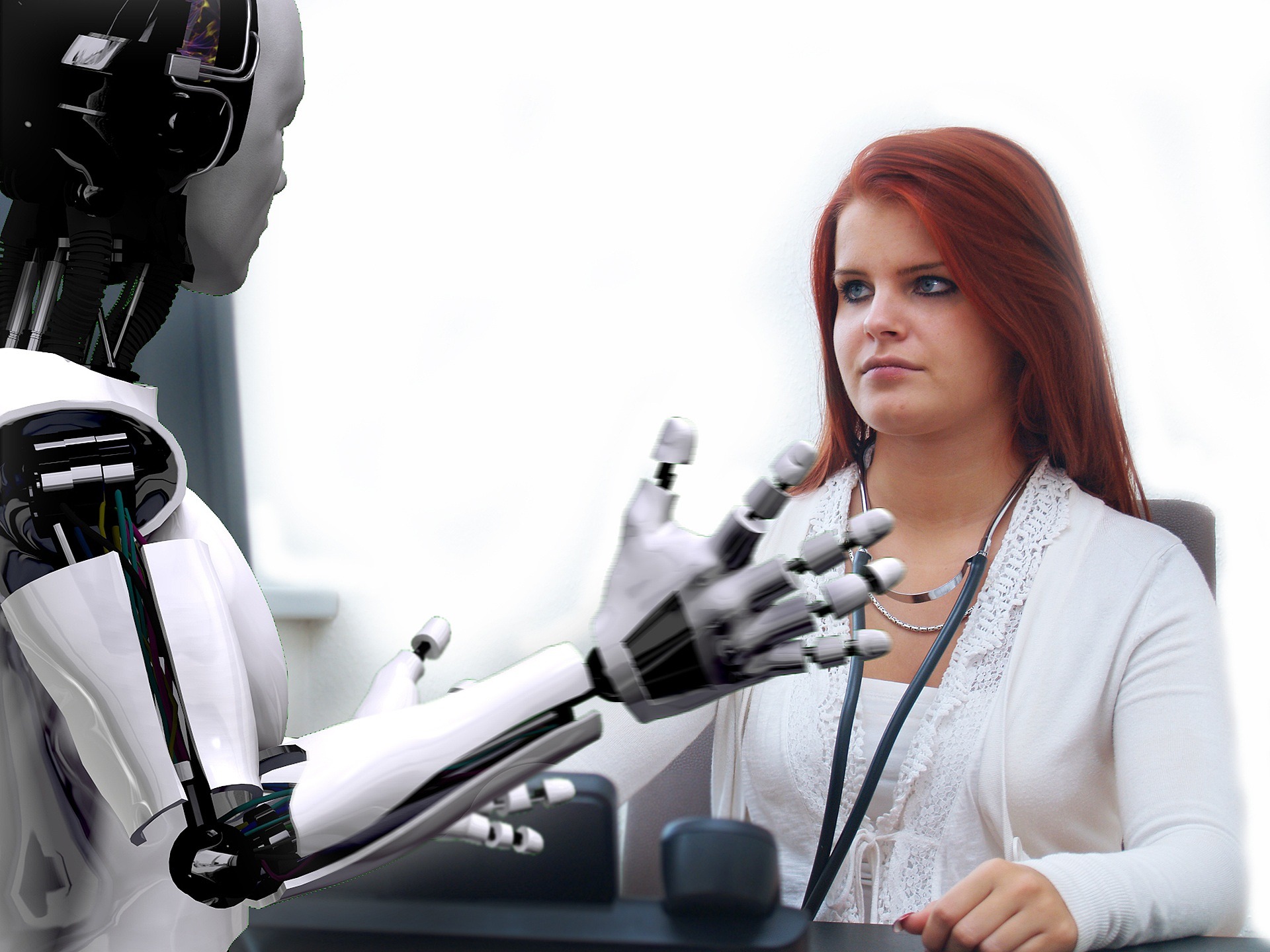In his blog article, “Too Big to Think About: The AI Revolution and Its Impact on Our Society”, future researcher and founder of Mindhive Oy, Ville Venäläinen, outlines the significant turning point humanity faces with the rise of artificial intelligence (AI). As we navigate these uncharted waters, understanding and leveraging AI is crucial.
I thought I’d create a TL;DR post out of what Ville labelled a long read, lead with his five suggestions to prepare for AI’s impact and, as a practical experiment, converse with Bud, my ChatGPT account, to help me keep this post concise.
Please, keep in mind that we are paraphrasing Ville’s writing.
Read the original in English:
Too big to think about: The AI revolution and its impact on our society | Mindhive / Ville Venäläinen
https://www.mindhive.fi/en-blog/too-big-to-think-about-the-ai-revolution
or in Finnish:
Liian iso asia ajateltavaksi: Tekoälyn vallankumous ja sen vaikutukset yhteiskuntaamme | Mindhive / Ville Venäläinen
https://www.mindhive.fi/fi-blog/liian-iso-asia-ajateltavaksi-teko%C3%A4lyn-vallankumous-ja-sen-vaikutukset-yhteiskuntaamme
Now let’s dive in.
Ville’s 5 suggestions to prepare for AI’s impact
- Use the technology yourself.
- Companies and organizations should actively scenario possible futures. (…) This helps prepare for different development paths and identify new opportunities.
- Stay on the pulse and be ready to adapt to rapid changes. Follow industry developments, participate in discussions, and be ready to update your skills continuously.
- Promote ethical discussion.
- Invest in education.
Navigating the AI revolution
We are at a historic juncture, with AI poised to transform our world in profound ways. While it presents significant opportunities, it also brings substantial challenges.
Much like the early days of the internet, we have the opportunity to influence how this future unfolds. Though we cannot predict every outcome, we can prepare, learn, and adapt.
The AI revolution may seem overwhelming, but we can shape its trajectory by staying open, curious, and flexible. Now is the time to act, learn, and ensure that AI benefits us all.
Understanding technological shifts
Technological advancements often seem too vast to fully grasp in the moment, but understanding them is crucial as they shape our future.
Just as early adopters of the internet, like Google, Meta and Spotify, capitalized on new technologies, today’s emerging AI technologies present a similar opportunity. Some are already leading the charge, while others are lagging behind or dismissing the issue.
Generative AI, capable of creating text, code, images, and more, is advancing rapidly. This technology not only generates content but also demonstrates human-like understanding and reasoning. As AI evolves, it may eventually replicate all human capabilities, potentially transforming power structures, work, and societal norms. New ideologies could emerge, much like communism and capitalism did in the industrial era.
Advances in humanoid robotics
A major trend is the development of humanoid robots. These robots, powered by next-generation generative AI, can perform complex tasks with human-like capabilities. Companies like BMW and Tesla are already integrating these robots into their operations.
Despite these advancements, public discourse remains minimal, and current governmental priorities in Finland focus on austerity rather than investing in research and education. This short-sighted approach may have long-term consequences.
The future of General AI
Generative AI is also progressing towards General AI (GAI), which aims to think, plan, and learn autonomously. Models like GPT-4 and Claude 3.5 Sonet already pass the Turing test, indicating their cognitive capabilities.
The potential of AI is vast. It could revolutionize healthcare, accelerate research, and address global challenges like climate change. However, it also poses risks, such as job market upheavals, increased inequality and potential social unrest. Ethical considerations and control over these powerful systems are critical issues that need urgent attention.


Pingback: The real benefit of basic AI training – Cluetail